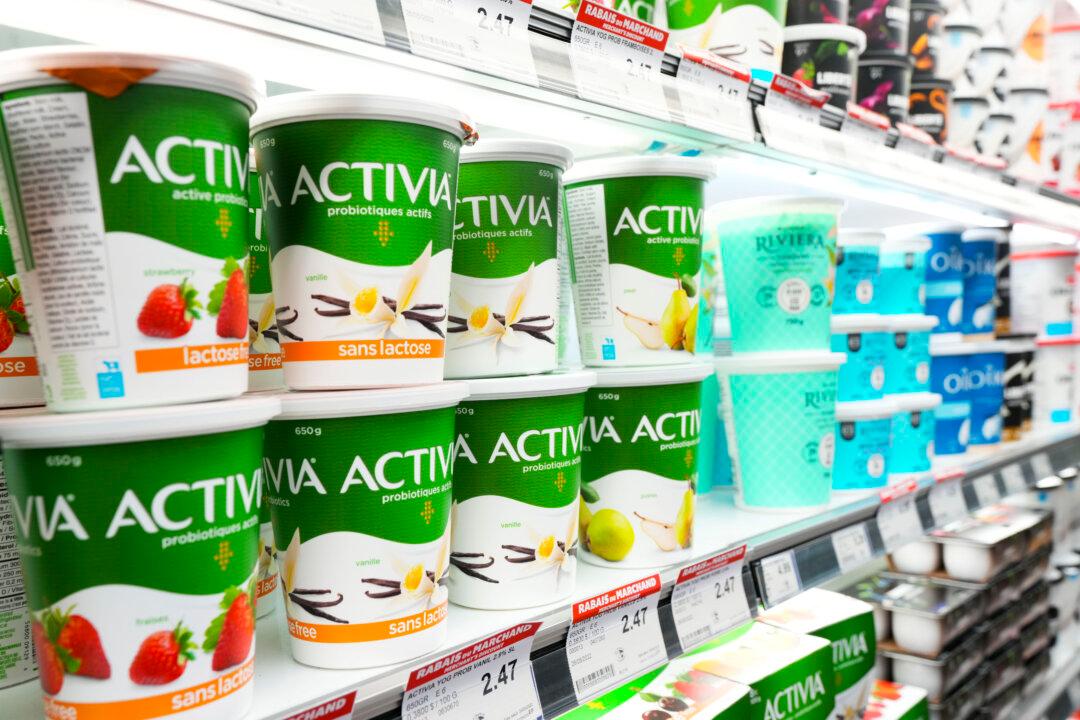Health Canada has given the go-ahead for producers to start adding vitamin D supplements to yogurt. The department says the move is to help offset vitamin D deficiency in Canadians due to long, dark winters.
“Vitamin D is important for bone health yet many people in Canada are not getting enough,” the Marketing Authorization for Vitamin D in Yogurt and Kefir notice said, as first reported by Blacklock’s Reporter.





